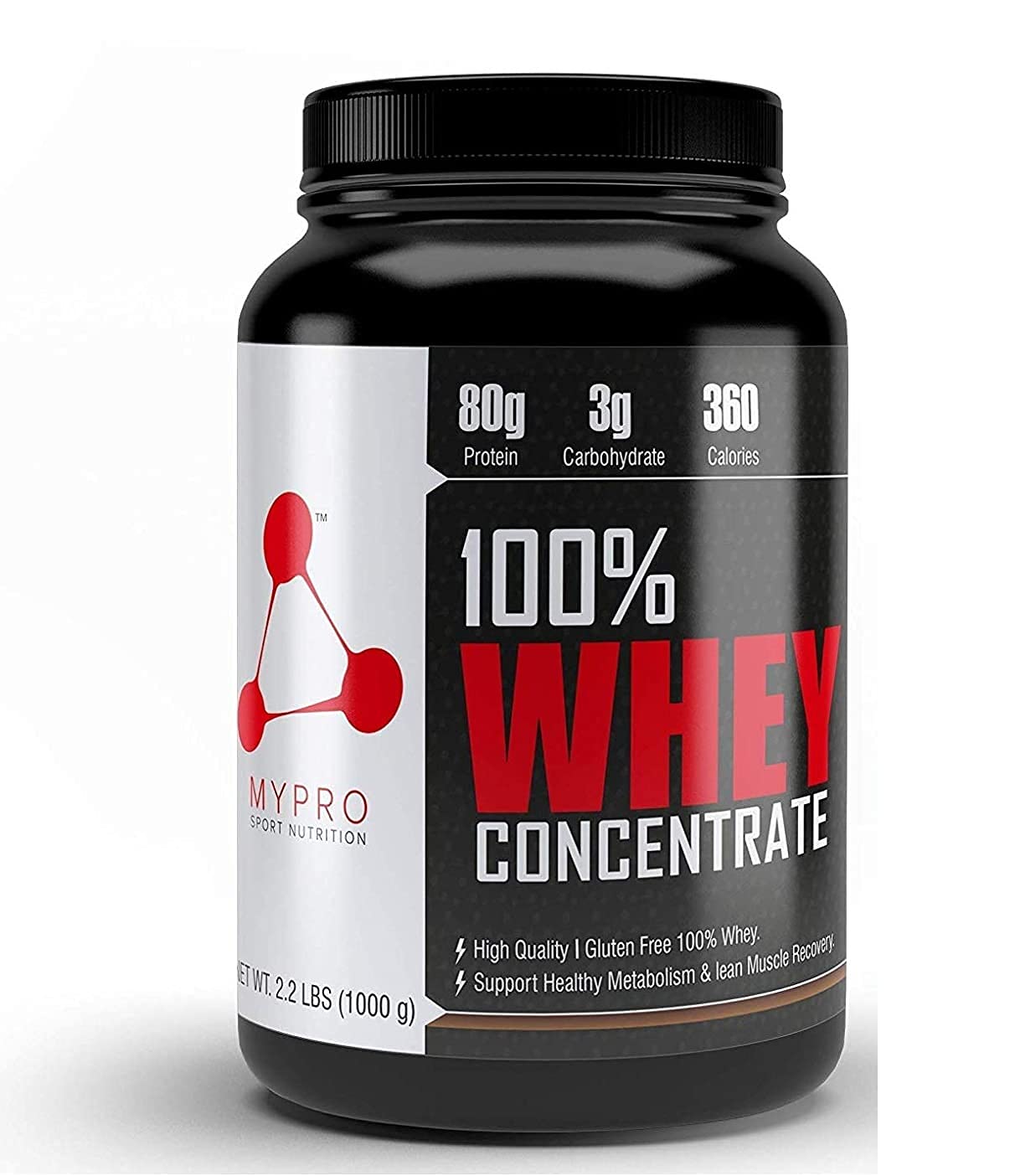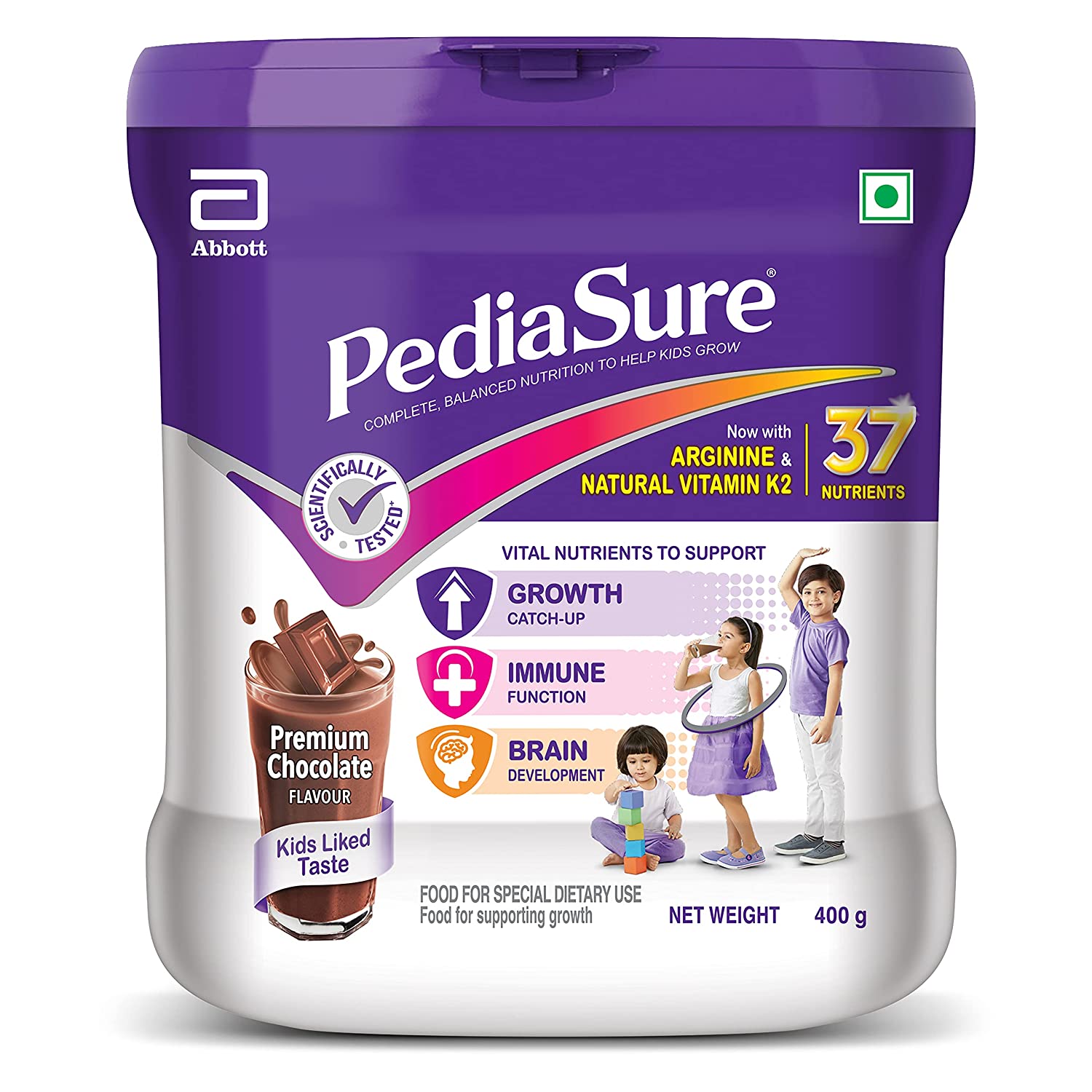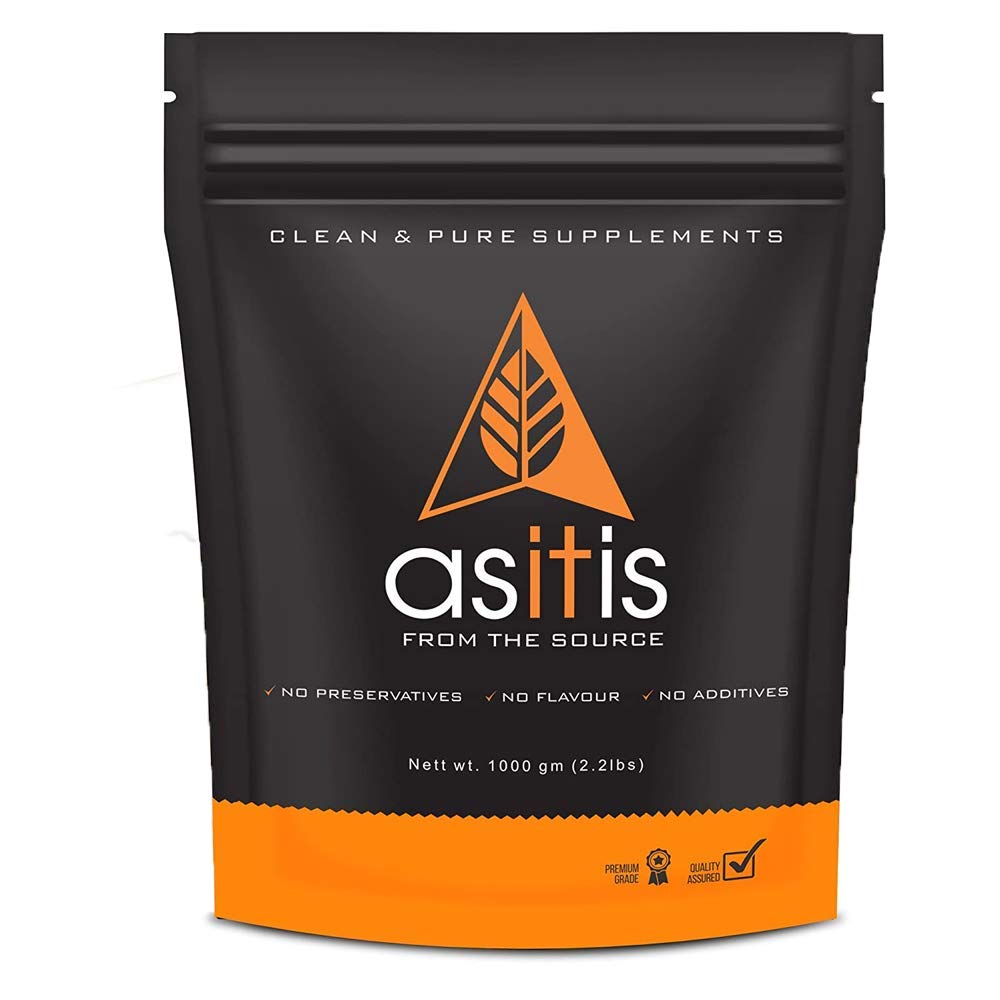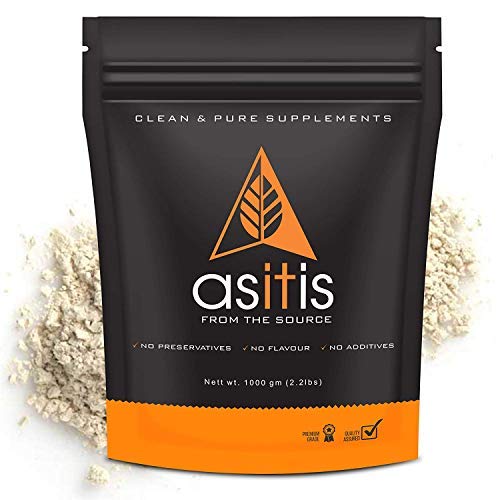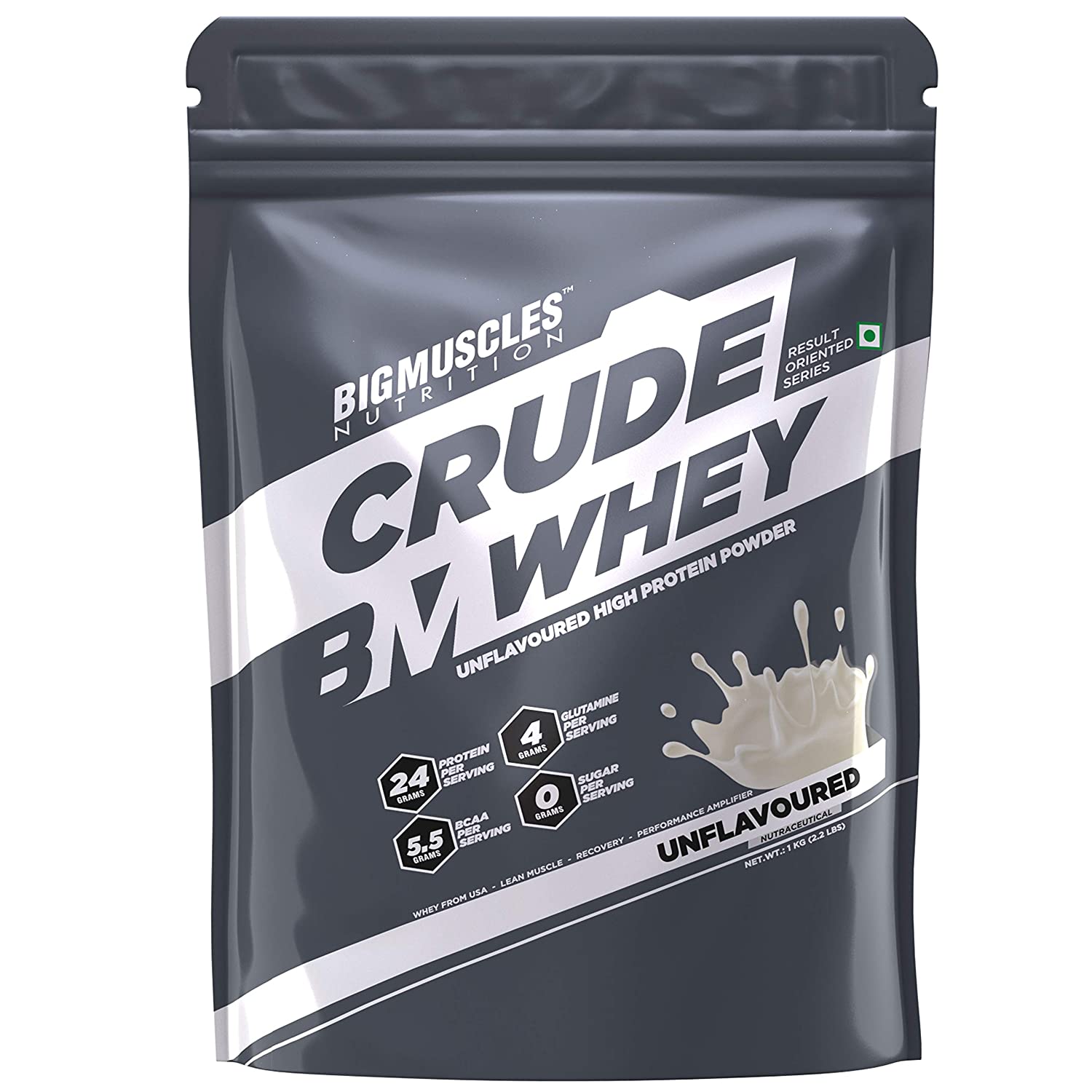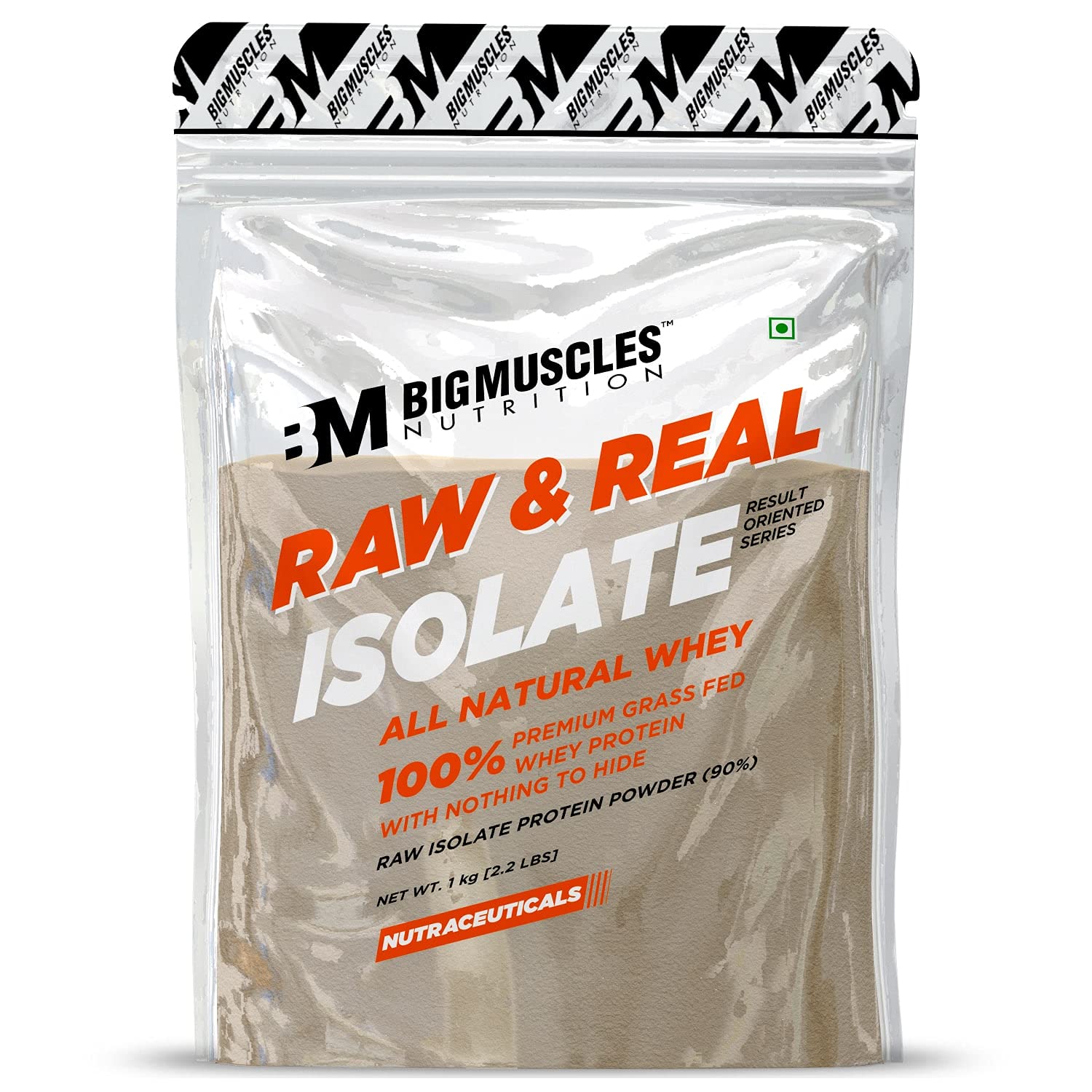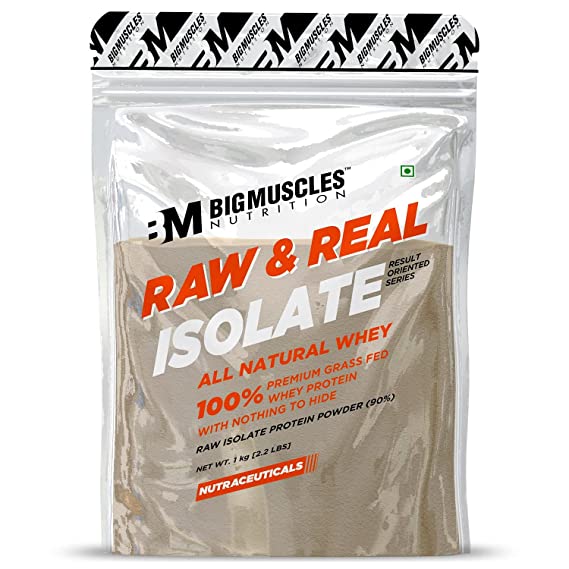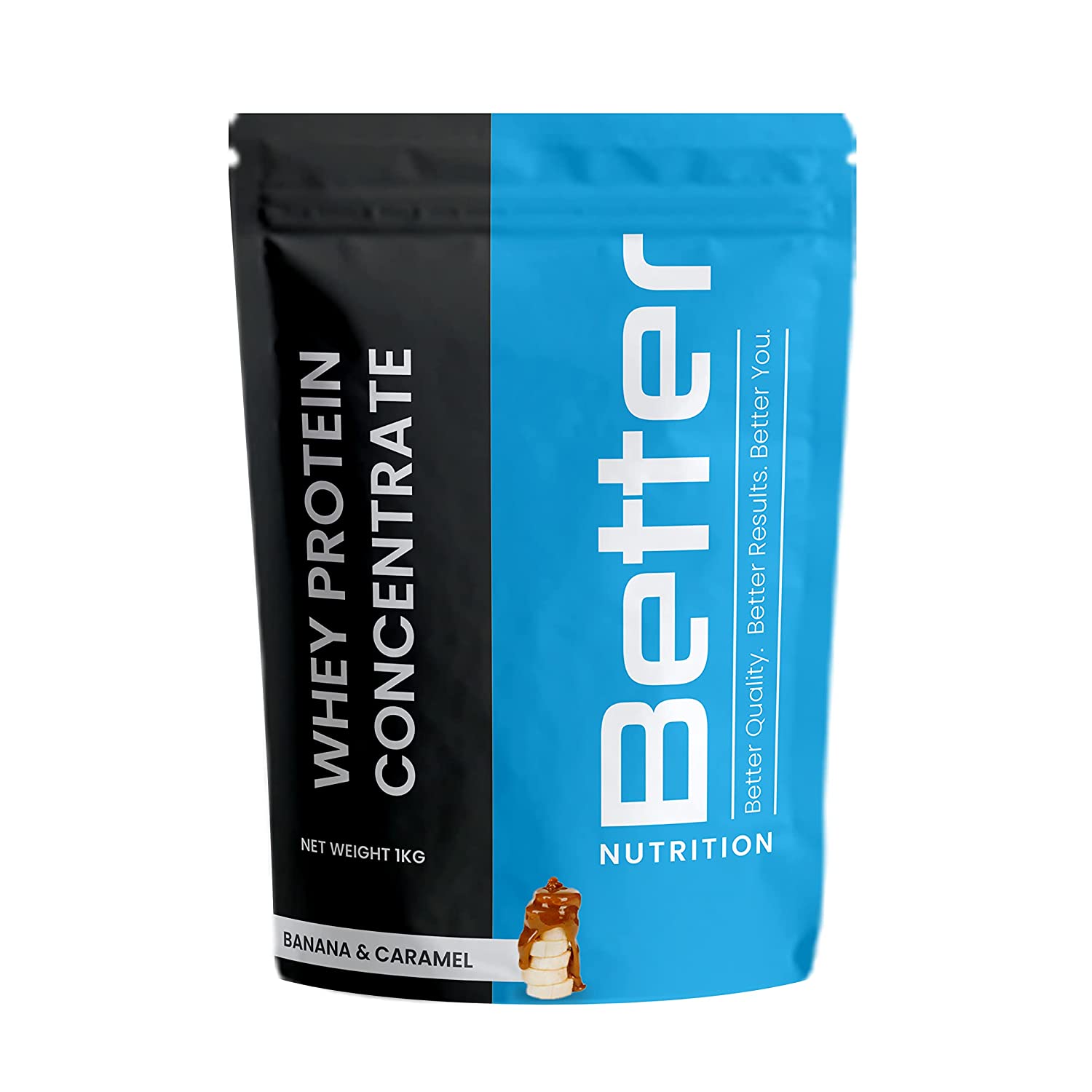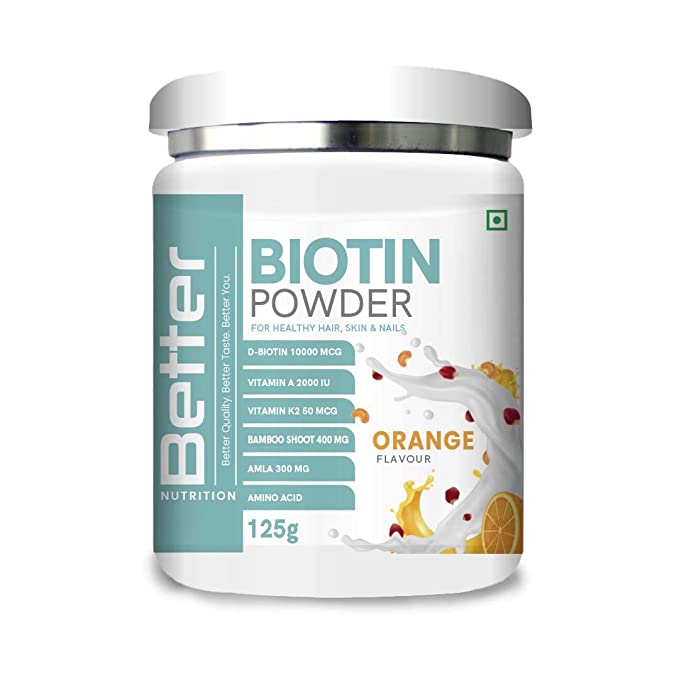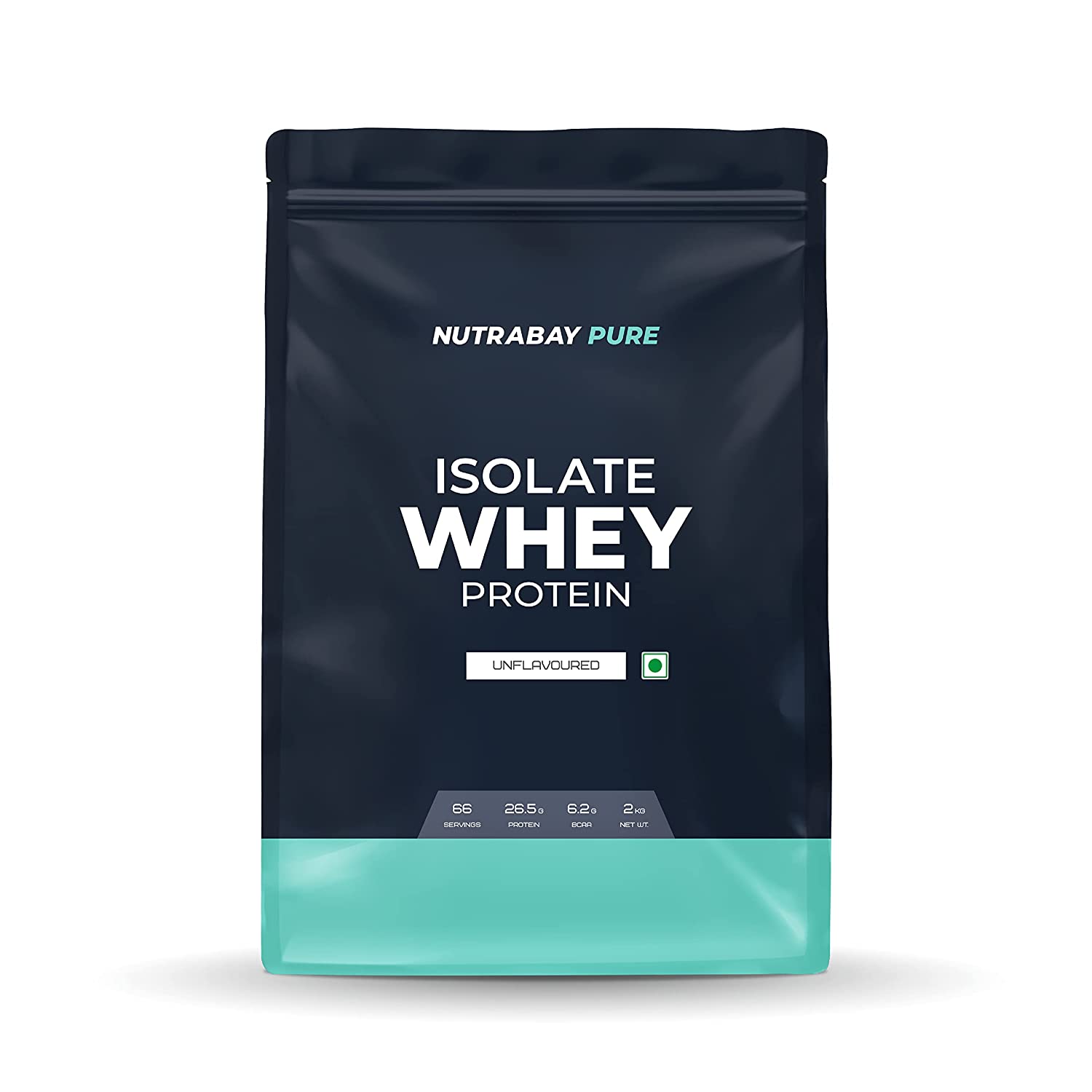Arginine
Macronutrient
Last update date: October 11, 2023
Arginine is a complex amino acid. It aids in the prevention or treatment of heart and circulatory diseases, fights fatigue, and enhances the immune system.
Frequently Asked Questions
1.
What is Arginine?
Arginine is an essential amino acid, a building block of proteins crucial for various bodily functions. It plays a pivotal role in supporting immune function, wound healing, and hormone secretion. Your body can produce some arginine, but dietary intake is necessary to meet daily needs.
2.
What is positive impact of Arginine?
Cardiovascular Health: Arginine helps produce nitric oxide, a compound that relaxes blood vessels, promoting better blood flow and reducing hypertension risk. Immune System Support: It aids the activity of immune cells, enhancing your body's defense against infections and diseases. Wound Healing: Arginine aids tissue repair and collagen formation, crucial for wound healing and recovery. Hormone Regulation: It participates in the production and release of growth hormones and insulin, influencing various physiological processes. Erectile Function: Arginine's role in increasing nitric oxide levels may improve blood flow to erectile tissues, potentially benefiting those with erectile dysfunction. Exercise Performance: It assists in nutrient and oxygen delivery to muscles, enhancing exercise performance and reducing exercise-related fatigue.
3.
What is negative impact of Arginine?
Herpes Virus Aggravation: High arginine intake might exacerbate outbreaks of herpes viruses (cold sores or genital herpes) in susceptible individuals. Allergic Reactions: Some people may experience mild allergic reactions to arginine, manifesting as itching, rash, or shortness of breath. Gastrointestinal Issues: Excessive arginine consumption can lead to abdominal pain, bloating, and diarrhea in sensitive individuals.
4.
Who should avoid Arginine?
Plant-based Sources: Legumes such as soybeans, chickpeas, lentils, and kidney beans are excellent sources of arginine. Additionally, nuts and seeds like peanuts, almonds, walnuts, and pumpkin seeds contain significant amounts of this nutrient. Incorporating these plant-based foods into your meals and snacks can help boost your arginine intake. Animal-derived Sources: Poultry like turkey and chicken, as well as pork, are good sources of arginine. Including lean cuts of these meats in your diet can contribute to your arginine needs. Dairy products like yogurt and milk also contain arginine, making them additional options to consider. Seafood: Certain types of seafood, including tuna, shrimp, and lobster, provide notable amounts of arginine. Adding seafood to your diet can be a delicious way to increase your arginine intake. Grains: Whole grains like brown rice and oats contain some arginine. Incorporating these grains into your meals can contribute to your overall arginine consumption. Remember to combine these arginine
5.
What are common sources of Arginine?
Arginine is found in various foods, both plant-based and animal-derived. Common sources include: Plant-based: Soybeans, chickpeas, lentils, peanuts, and pumpkin seeds. Animal-derived: Turkey, chicken, pork, and dairy products like yogurt and milk. Nuts: Almonds, walnuts, and cashews are good sources of arginine. Seafood: Tuna, shrimp, and lobster contain significant amounts of arginine. Grains: Brown rice and oats provide a fair amount of arginine.
6.
Which are symtoms of Arginine deficiency?
Arginine deficiency is rare in healthy individuals since the body can synthesize it. However, certain factors like specific medical conditions, growth phases (infancy), or poor diet could lead to insufficient arginine levels. Symptoms of deficiency may include poor wound healing, skin issues, hair loss, and immune system impairment. In severe cases, arginine deficiency might impact the production of important hormones, leading to growth issues in children. A well-balanced diet with adequate protein intake usually prevents arginine deficiency. If you suspect an arginine deficiency, consult a healthcare professional for proper evaluation and guidance on dietary adjustments.


